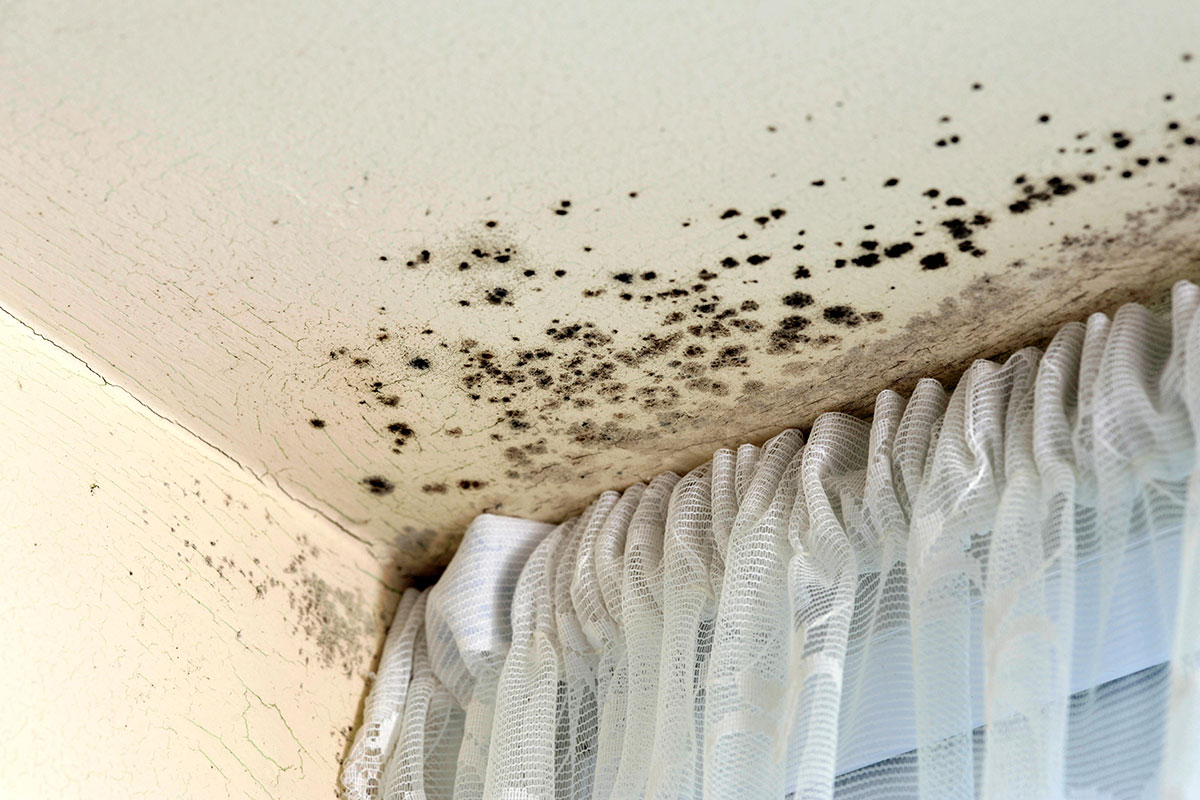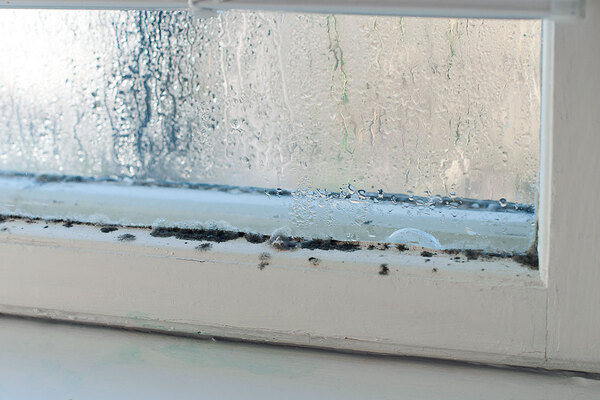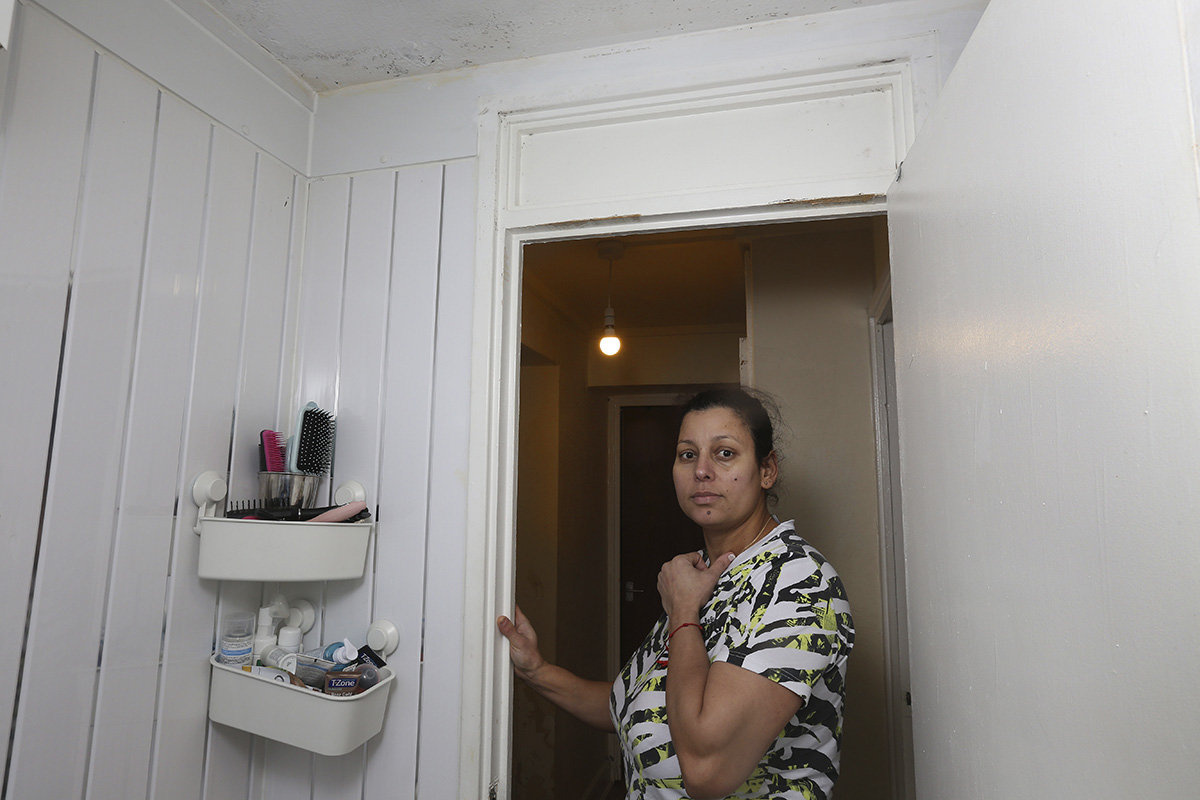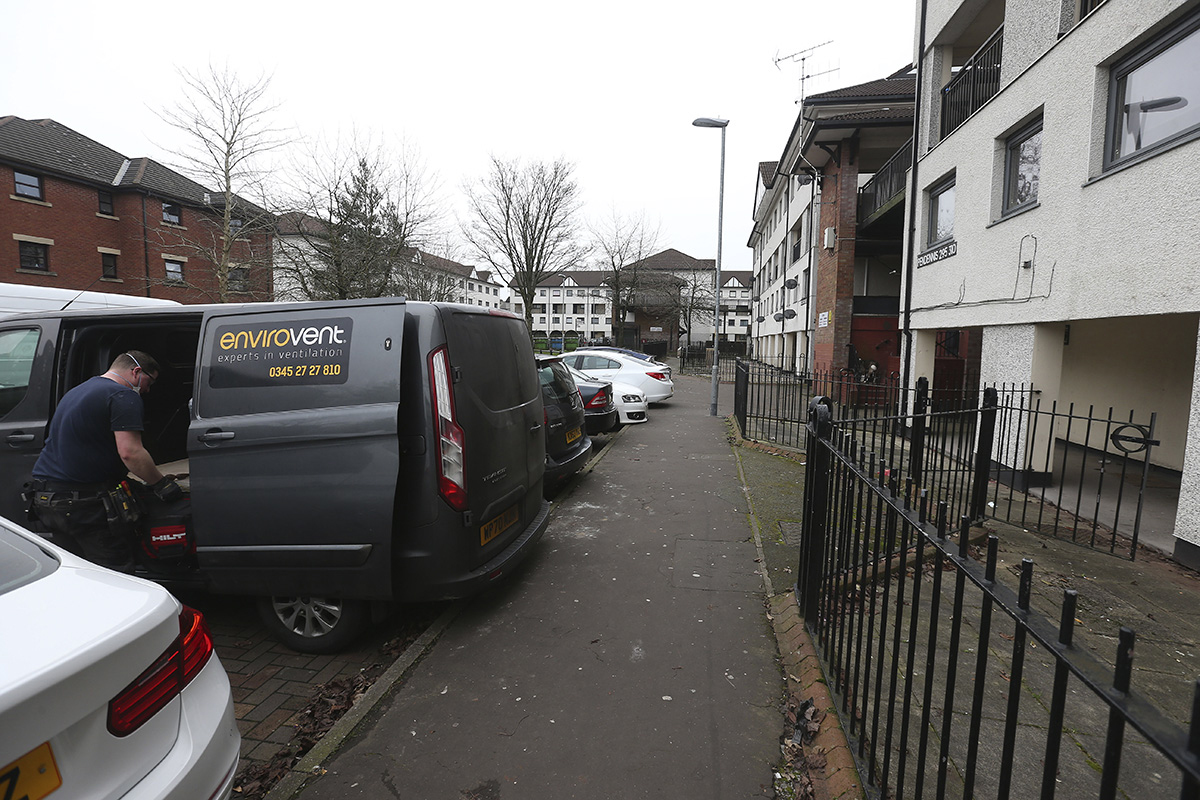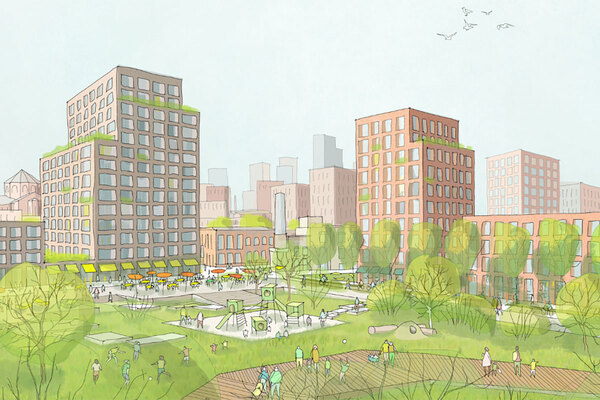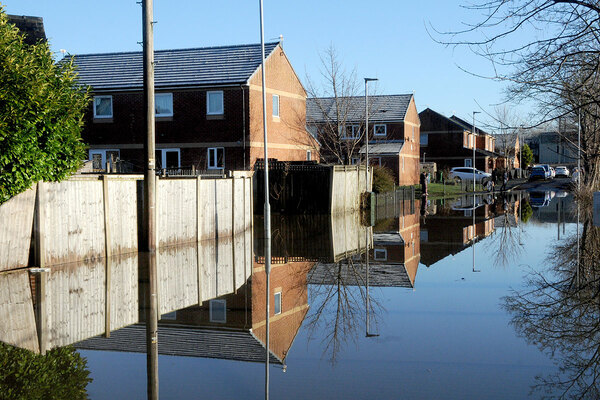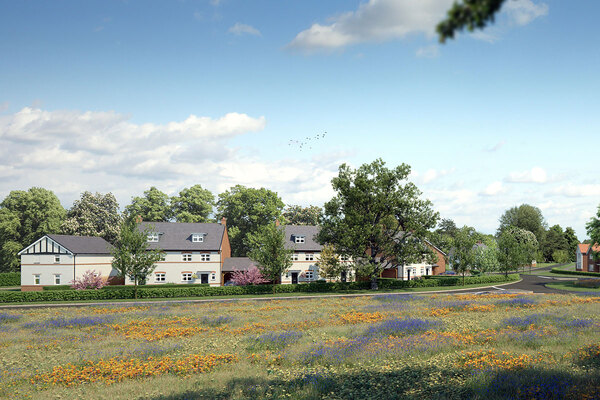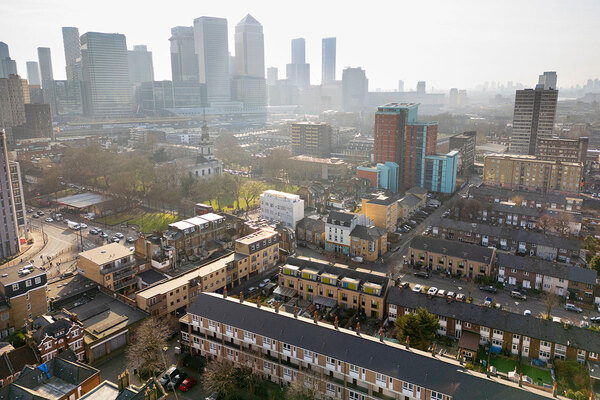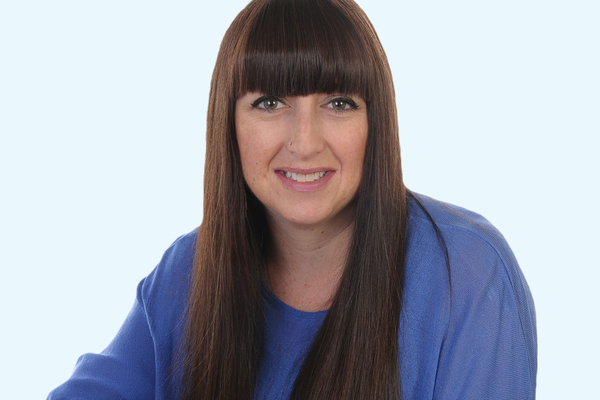Councils find more than 1,100 private homes with dangerous levels of mould
Councils in England found 1,106 private rented homes in 2021-22 with levels of damp and mould so dangerous that they present an immediate threat to someone’s health and safety.
A Freedom of Information request by Generation Rent found that the 65 councils that reported a breakdown of complaints received 60,849 complaints about standards in rented housing in 2021-22, including 8,048 complaints about damp and mould.
The campaign group has called on the government to extend ‘Awaab’s Law’, which will set strict timescales for social landlords to respond to complaints about damp and mould, to the private sector.
Awaab’s Law emerged from campaigning for more tenant protections by the family of Awaab Ishak, the two-year-old boy who died as a direct result of prolonged exposure to mould in a Rochdale Boroughwide Housing (RBH) flat.
It was recently added as an amendment to the Social Housing (Regulation) Bill, which is making its way through parliament.
Awaab’s family have called for timeframes of 14 days for a landlord to investigate a problem and seven days to make repairs, but the plans are subject to consultation.
Citizens Advice also called for the new standards to be extended to the private rented sector (PRS) in February, after it published research showing that 1.6 million children live in privately rented homes that have damp or mould or are excessively cold.
Generation Rent asked 115 councils in England, representing just over three million private renter households, about their enforcement of housing standards.
This included damp and mould and other severe Category 1 hazards, defined as those that pose a serious and immediate risk to a person’s health and safety.
The councils with the highest rate of complaints relating to damp and mould were Wolverhampton (69% of all complaints), Salford (60%) and Swindon (50%).
The 69 councils that reported a breakdown of hazards had found 7,695 Category 1 hazards in private rented homes, including 1,106 cases of damp and mould (14%).
Councils where damp and mould was the largest type of hazard included Bath (70% of hazards found) and Brent (44%).
When councils find Category 1 hazards, they are supposed to issue the landlord with an improvement notice, which protects tenants from a retaliatory Section 21 eviction and allows them to claim back rent if their landlord fails to fix the problem.
But while 81 councils identified a total of 9,033 Category 1 hazards, they issued just 2,179 improvement notices, meaning that private tenants had a 24% chance of getting formal protection if their home was found to be unsafe to live in.
Generation Rent said that its research provides new evidence for the need to end Section 21 evictions, which can discourage tenants from complaining about problems such as mould.
As part of sweeping reforms planned for the private rented sector, the government has planned to ban Section 21 evictions, also known as no-fault evictions.
Former prime minister Theresa May first proposed the ban in April 2019 in a bid to increase security for tenants and protect them from “unethical behaviour”.
Under current Section 21 eviction laws, landlords are able to give tenants as little as eight weeks’ notice to leave a property after a fixed-term contract has come to an end.
The proposed ban was included in the Renters’ Reform White Paper, published last year.
Alicia Kennedy, director of Generation Rent, said: “Too many renters are living in homes with dangerous levels of damp and mould, which can cause respiratory diseases and damage personal possessions.
“The government needs to take the issue of mould and damp in privately rented homes far more seriously. Landlords, whether they are huge housing associations, or an individual letting out their former home, have one job: to provide their tenants with a safe home. Too many try to dodge their responsibilities by blaming tenants or serving a no-fault eviction notice.
“Without action to protect tenants in their homes and hold landlords in both sectors accountable for the safety of their properties, thousands of people will continue to live in homes that are making them ill.”
A DLUHC spokesperson said: "These conditions are unacceptable. That is why we are introducing a Decent Homes Standard for the Private Rented Sector for the first time ever which will make sure tenants have a safe and decent place to live.
“Awaab’s Law will force social landlords to fix their homes within strict new time limits and help to ensure that these homes are safe, decent and warm.
“We continue to consider all options to level up the quality of rented homes across the country.”
Sign up for our regulation and legal newsletter
Already have an account? Click here to manage your newsletters
